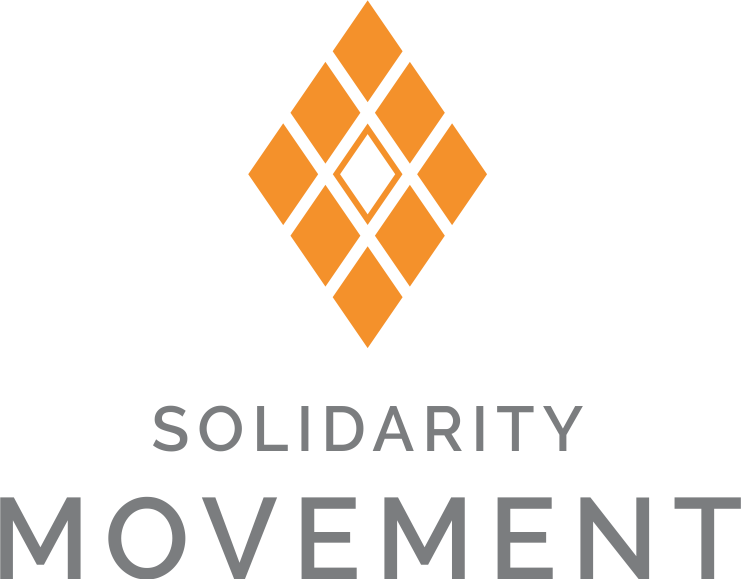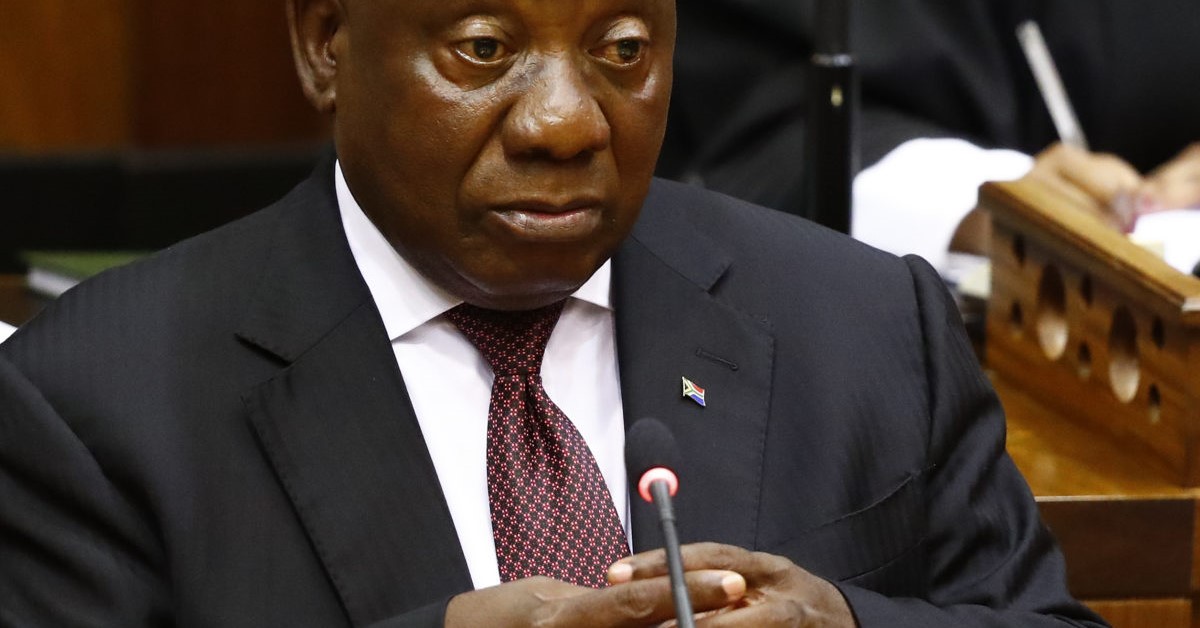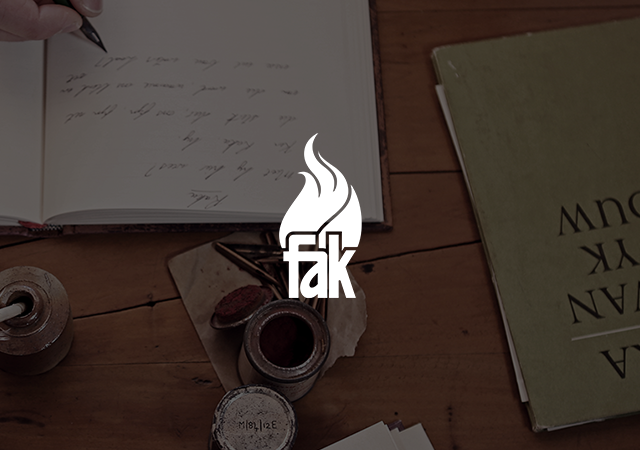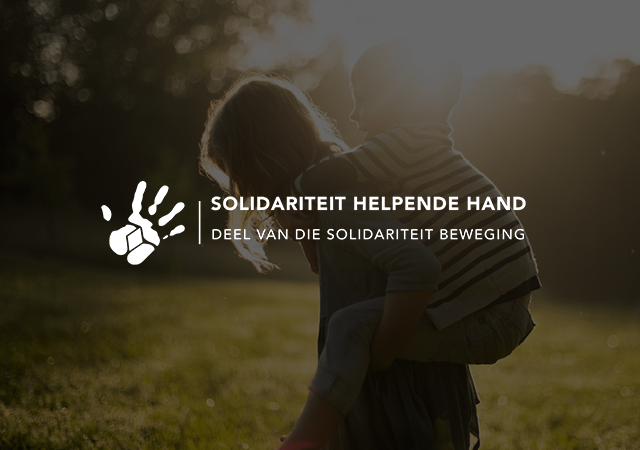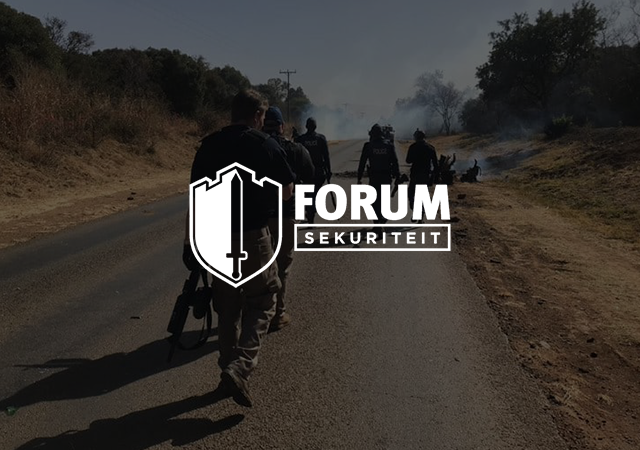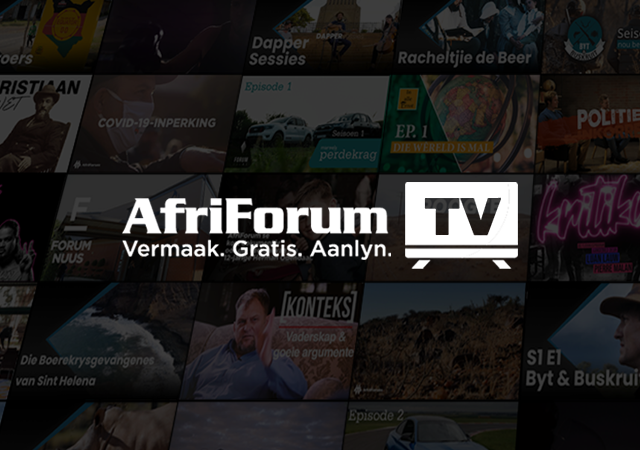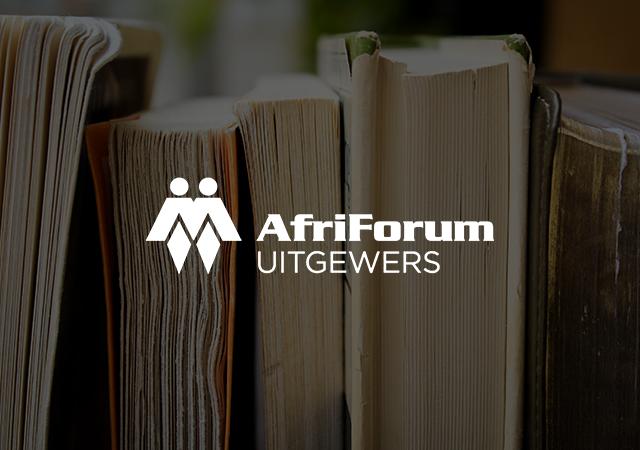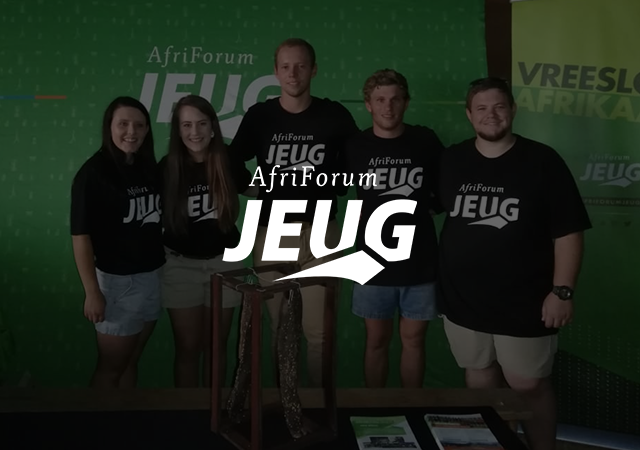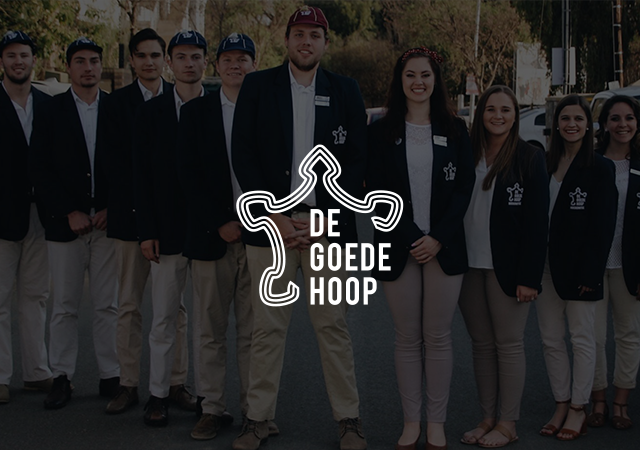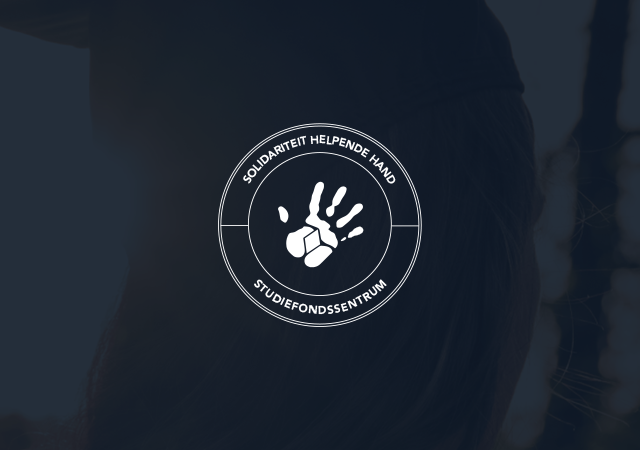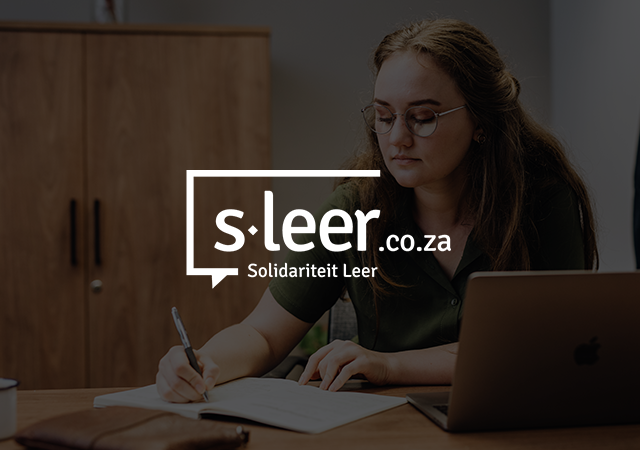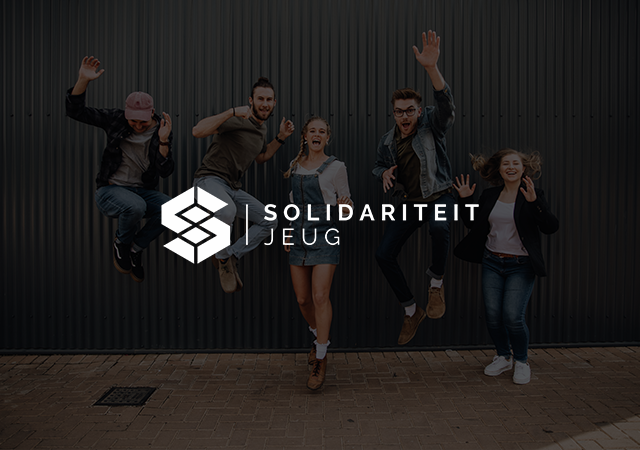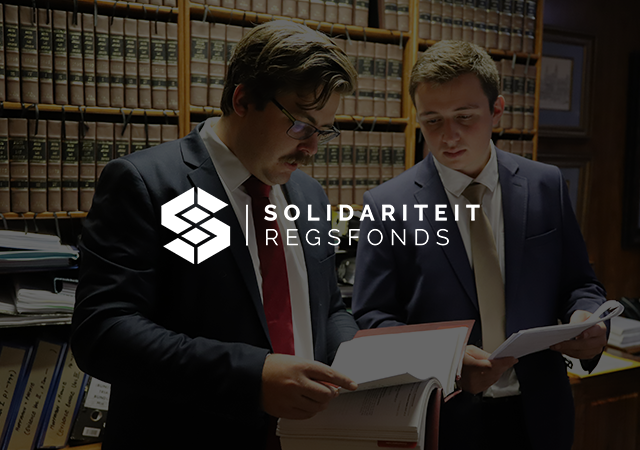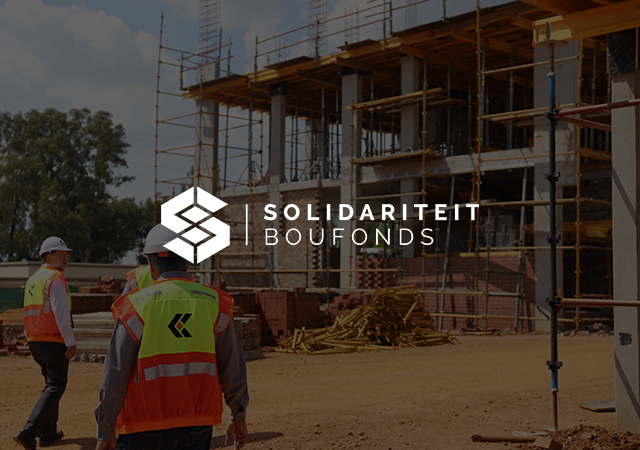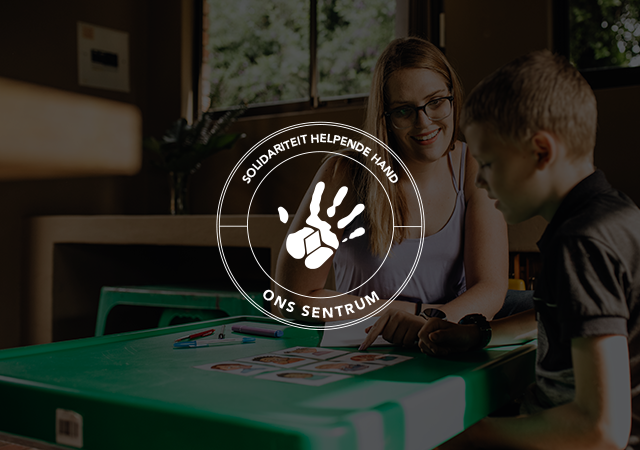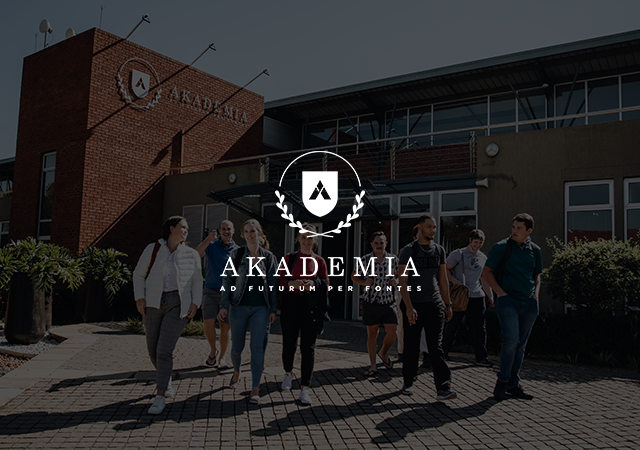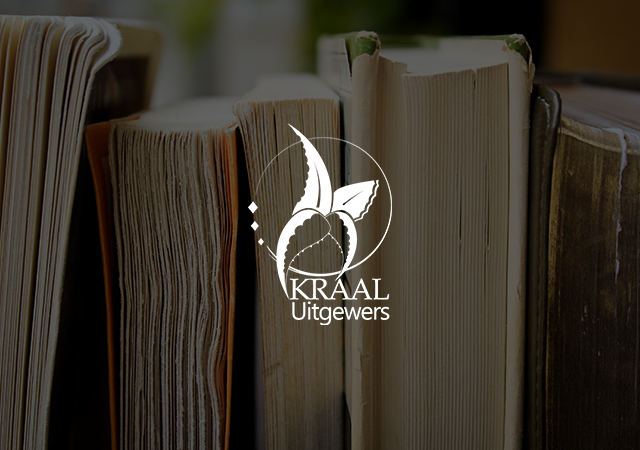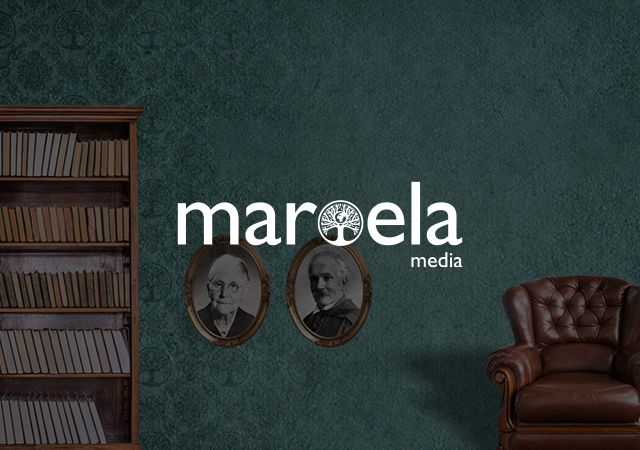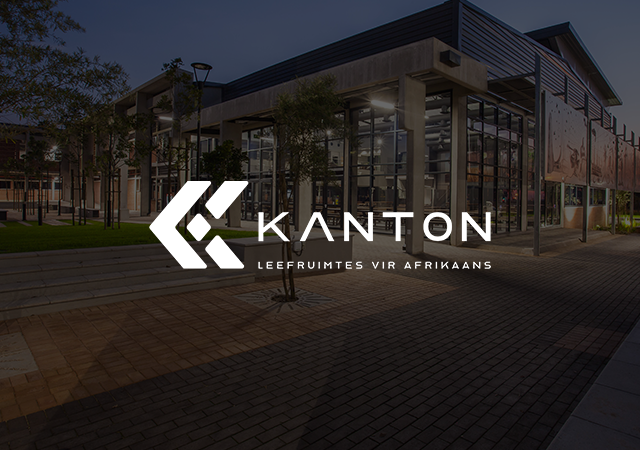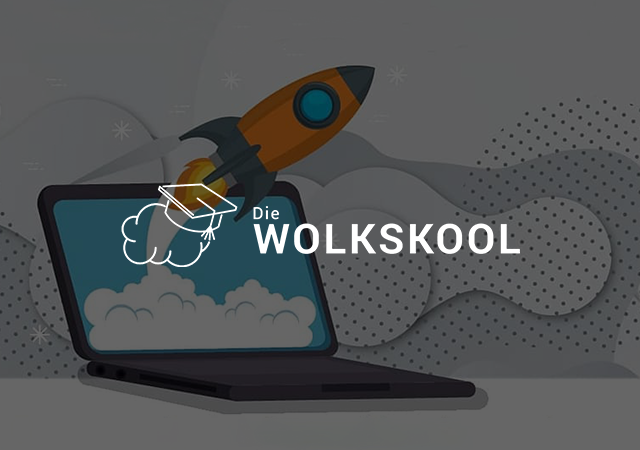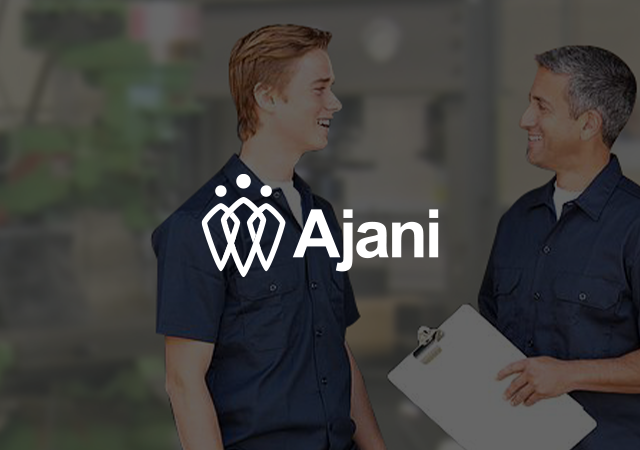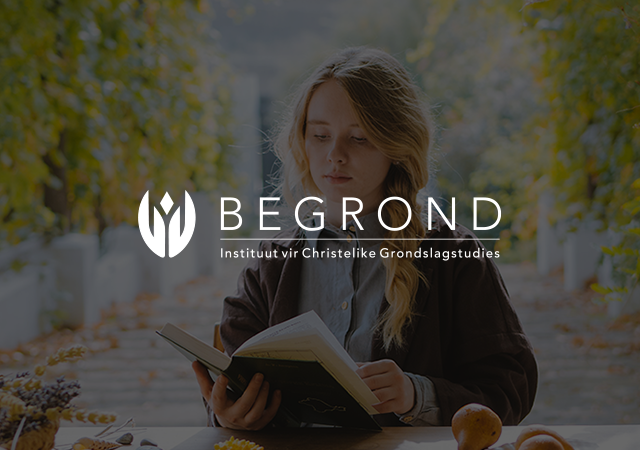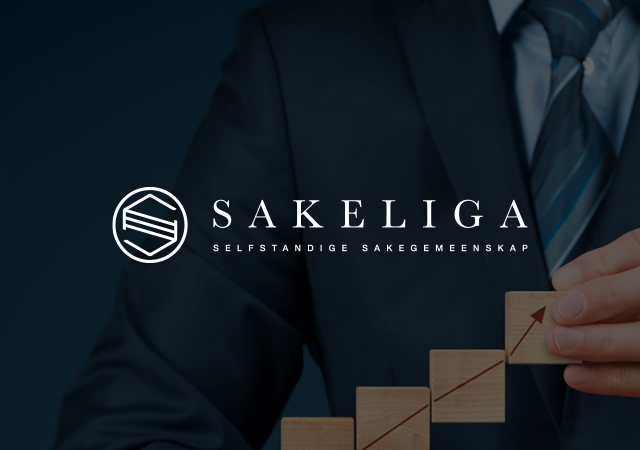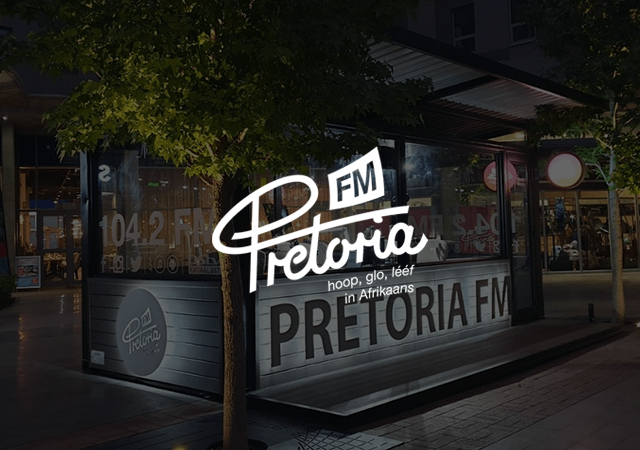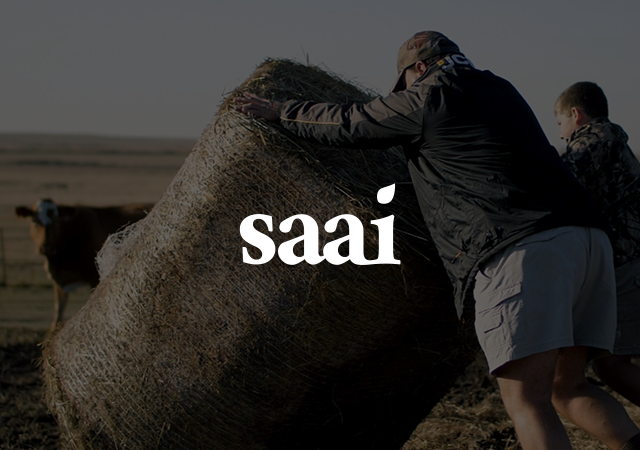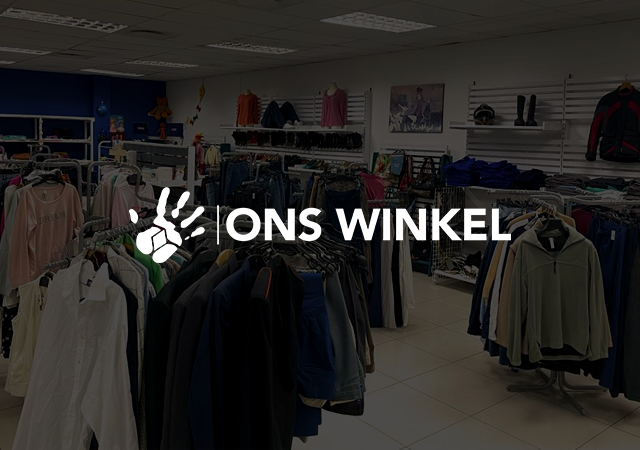The Solidarity Movement welcomes the process of phasing out the lockdown but believes the regulations should have been relaxed more so that people who can perform their work in a healthy way could return to work. If this does not happen it would be a case of “too little too late”, and there is the danger that government may let many people die of famine in its attempt to prevent the virus from killing people.
The Movement also welcomes the fact that many of our proposals appear in government’s new regulations as such proposals are in line with best practices that have been successful in other countries. Among others, this includes measures to promote healthy work as well as smart restrictions that will focus on those parts that are worse off during the epidemic.
Flip Buys, chairperson of the Solidarity Movement, says the biggest mistake government is making is to think that the state, instead of the private sector can kickstart the economy again. The South African state cannot afford to get the wheels of the country’s economy turning again through large monetary injections as is the case in rich countries.
That is why the only solution is to free the private sector to pump large amounts of money into the economy. Such money should be obtained by dramatically easing taxes for the next year, selling loss-making public enterprises, cutting government spending, and raising the subsistence allowance for the poor for the next year.
Investor confidence
At the same time, government must urgently restore investor confidence to attract capital to the country by doing away with harmful policies and by prosecuting state capturers who, so far, have gone scot-free. Policies that need to be abandoned in the national interest are expropriation without compensation, the planned nationalisation of health care and talk of using pension money to subsidise loss-making enterprises. The racial and transformation prerequisites for state assistance are also divisive and discriminatory and should be relaxed as a matter of urgency. It is a pity that AfriForum and Solidarity had to bring court cases against these practices instead of government itself realising that a state of disaster is not a time to discriminate on the grounds of race.
The first three weeks of lockdown were necessary to halt the spread of the virus and to prepare the country’s health system for a large increase in sick people, but many of the lockdown regulations were unnecessary and aggravated the pandemic crisis by plunging the country into a bigger economic crisis.
By all indications, the Covid-19 epidemic will be with us for quite some time to come and thousands will get sick because of it. The fight against it is a marathon rather than a sprint and the country will need economic resources to finance this protracted battle. That is why it is so vitally important that Solidarity’s proposals on how all people, and not just essential workers, can return to work in a healthy way be implemented nationwide. Buys also emphasised that neighbourhood watch organisations should be allowed to help protect their local communities in partnership with the police.
The epidemic remains a serious threat and the phasing out of the lockdown does not mean that people can carry on with their lives as before but that there will be a new “normal” whereby everyone will have to look after each other’s well-being by maintaining social distancing and certain health protocols. It remains important to still protect people with underlying conditions, while the state must enhance its ability to test for the virus, to detect it and to treat sick people in collaboration with the private sector.
Finally, the Movement emphasises that decentralisation in dealing with the virus is essential for success in the battle against it. “The fragmented approach according to which different provinces can phase lockdown out at different levels is a welcome first step,” Buys said.
